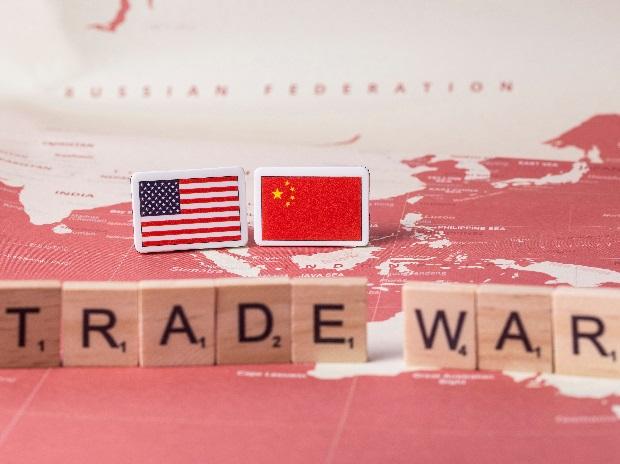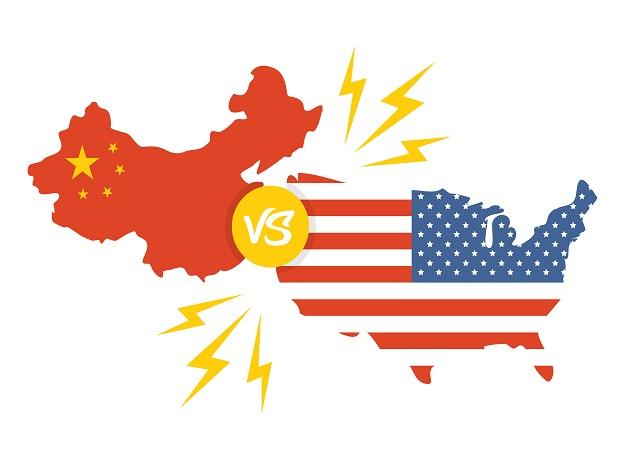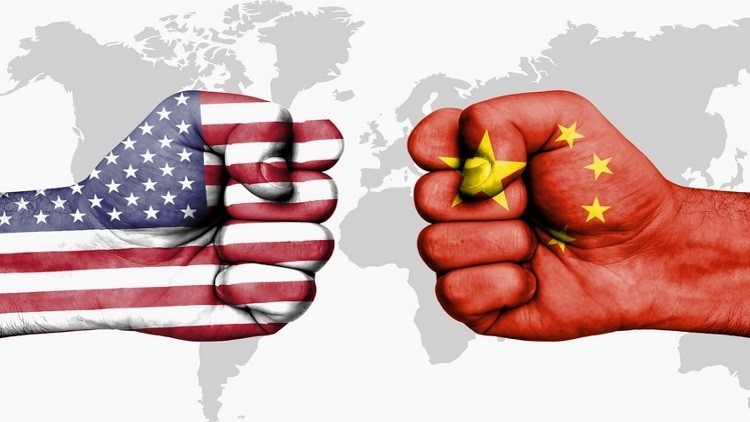
Current Affairs
When Larry Sloven heard last year that US tariffs threatened his China electronics business, he knew that setting up shop elsewhere would be a slog rather than an adventure.The 70-year-old had spent half his life building supply chains in southern China to produce goods for big-box US retailers. But he had never reshuffled one on short notice, with tariffs hanging over his head."It is the hardest thing I've ever had to do in all my 30 years in the business," said Sloven, president of Capstone International HK Ltd, a division of Florida-based Capstone Companies."You've got packaging, assembling, auditing, labour, overheads, components, logistics, transportation," he said. "I went from first gear to fourth gear very quickly."
Sloven, a native of Long Island, New York, cut his teeth in Asia in the 1970s sourcing lighting products from Japan. He then moved to Taiwan and then mainland China, making and sourcing electrical products for AT&T and Duracell, before becoming a buying agent for sporting goods retailer Dick's.
He joined Capstone in 2012 to manage its network of Chinese manufacturers from Hong Kong.Rising labour costs and tighter regulations in China had already led him to consider moving the business elsewhere in Asia. But the trade war forced his hand.
Through dozens of interviews and phone, Whatsapp and email exchanges over a year, Reuters documented Sloven's quest to uproot his supply chain operation, an effort entailing many close calls, bureaucratic headaches - and some good luck.
Sloven is just one of thousands of entrepreneurs who have been forced by the trade war to upend their business operations in China in the biggest supply chain shift in a generation...Read More



